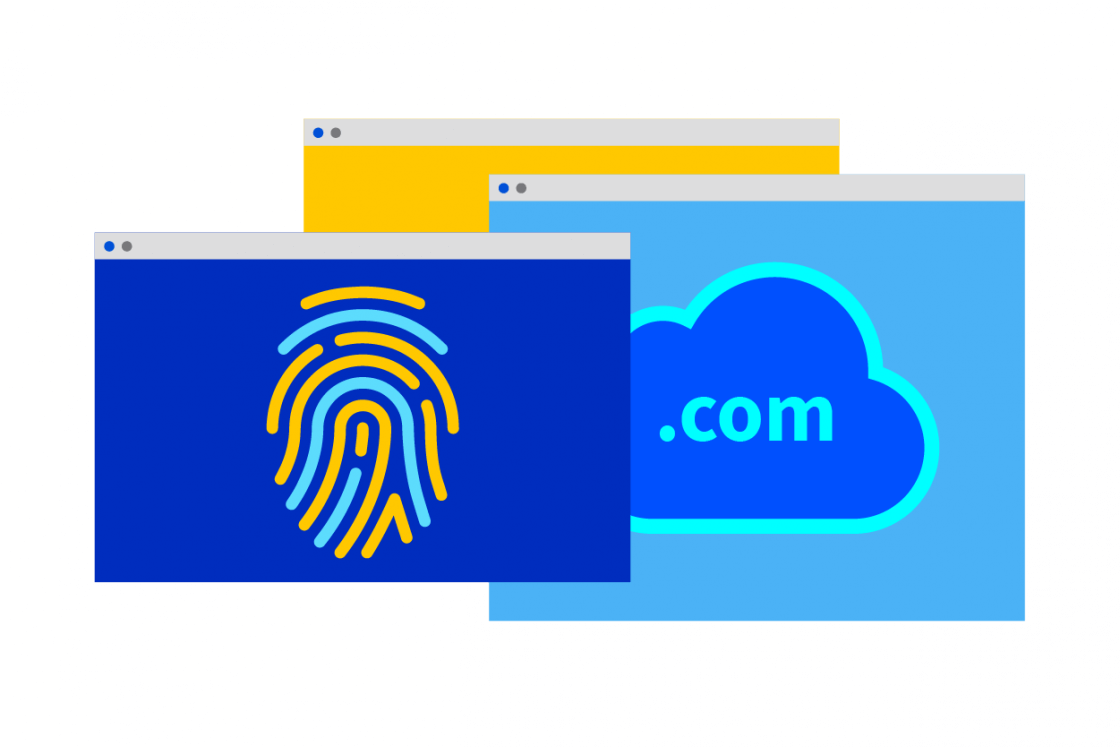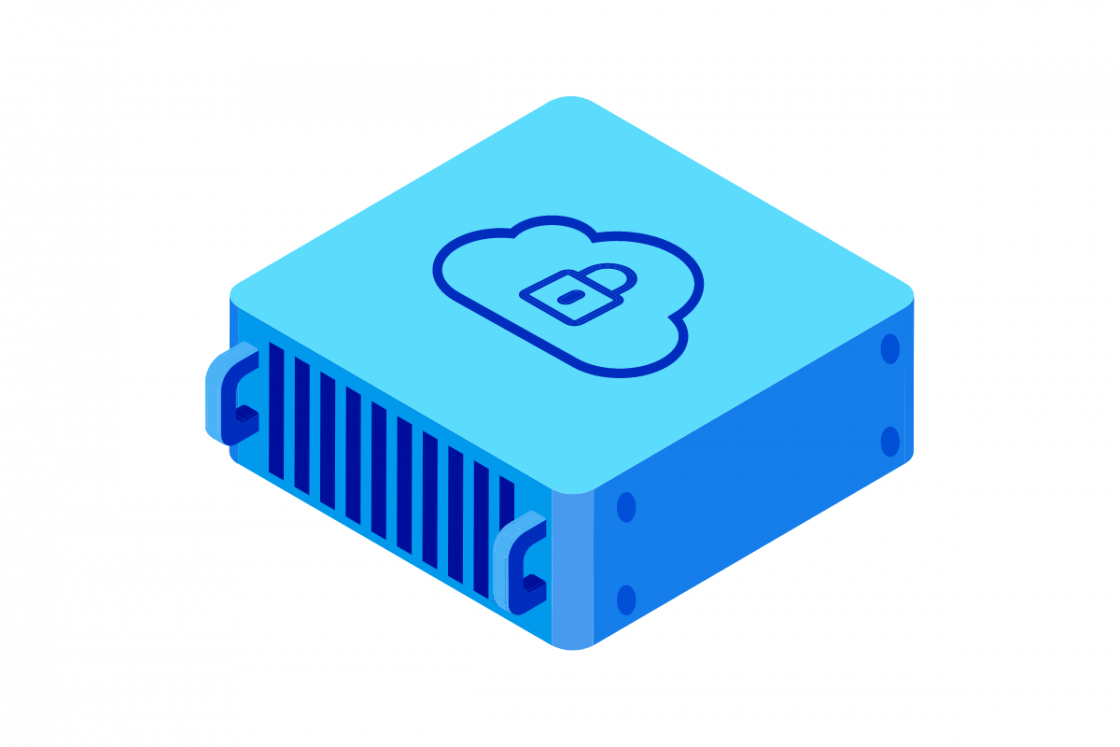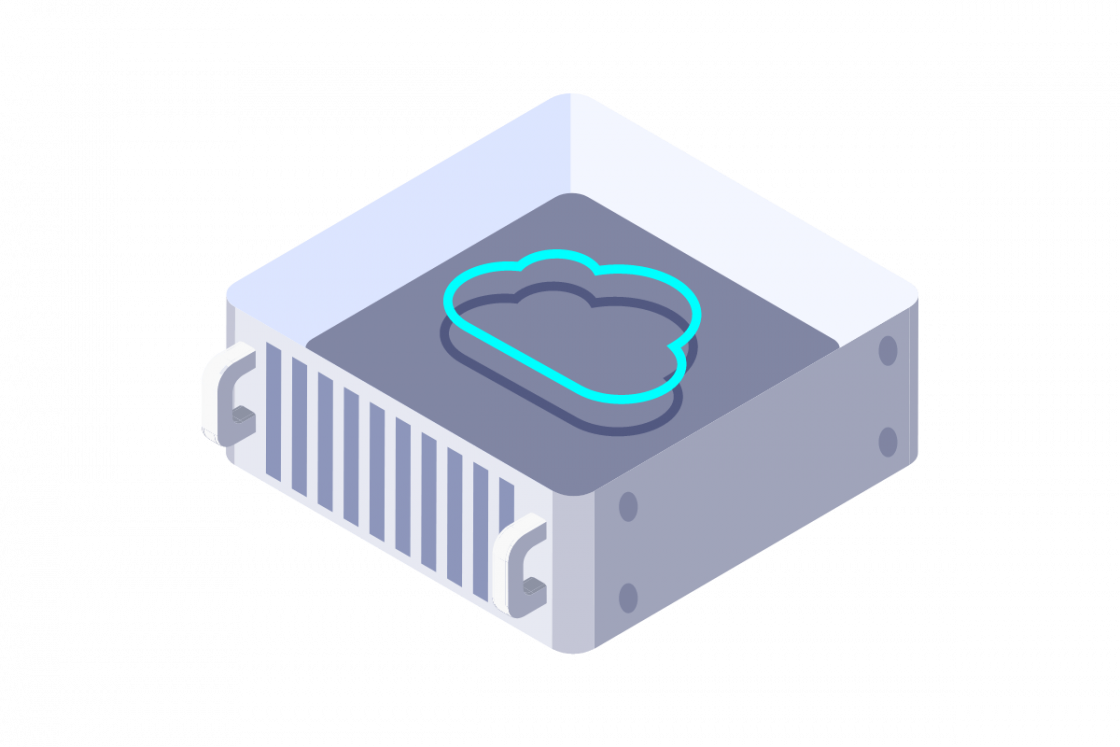What is DDNS?
Between connected devices and remote access, the stability of a connection depends not only on the speed. Dynamic domain name management plays a key role. This is where DNS comes in. It's an often-overlooked solution, but it's essential in many uses.

What is a Dynamic Domain Name System?
The DDNS, or Dynamic Domain Name System , is a standard DNS extension. You can use it to link a domain name to a dynamic IP address — an address that can change at regular intervals, as is the case with most home or mobile internet connections.
The DNS automatically updates DNS records whenever the IP address associated with a device changes. This update is carried out in real time, with no manual intervention by the user. This ensures that the host name (i.e. the device) is always linked to the right address, even if the address varies over time.
This mechanism is particularly useful for ensuring constant access to locally hosted services, such as a NAS, router, or IP camera, without having a fixed IP address.
How does a dynamic DNS work?
The operation of the DNS is based on a continuous automation process. When a device connected to the internet (router, personal server, camera, etc.) detects an IP address change, it triggers an update of its DNS record with the DNS service provider.
You can do this:
- or via client software installed on the device;
- directly via the interface of a router;
- or by using automated HTTP calls to the provider’s API.
As a result, the custom domain name continues to point to the device, even after an IP change. This makes a stable connection possible remotely, without having to view or reconfigure the IP address each time.
The principle of DDNS applies to both IPv4 and IPv6 addresses, provided that the service used supports DNS records of type AAAA. This compatibility becomes essential as connected objects and network devices adopt the IPv6 protocol.
Why choose DNS over a standard DNS?
The limits of static DNS
The standard DNS works perfectly with fixed IP addresses, which are common in professional or cloud environments. Each domain name points to a permanent IP, which guarantees the stability of connections.
But in many contexts (e.g. residences, mobile connections, remote working), IP addresses change regularly, making the standard DNS unsuitable. Every time there is a change, the link with the domain name is broken, and this requires a manual update.
This type of management quickly becomes cumbersome when you want to maintain constant remote access to a connected device or service.
The advantages of DNS in comparison
As mentioned above, the DDNS provides a simple and automated response to this constraint. This way, they can ensure continuity of access, even in the event of an IP address change, without having to configure it repeatedly.
Its main advantages:
- Permanent access to locally hosted services;
- Saves time in network management, especially in multi-device environments;
- Better reliability for remote usage (remote working, monitoring, administration);
- More flexibility for users without a fixed IP.
For security, a well-configured DNS is no more risky than a standard DNS. OVHcloud can be used to secure IP updates via a protected username, and restrictions per subdomain. We also recommend enabling DNSSEC to protect DNS records against spoofing.
In short, dynamic DNS combines the flexibility of modern connections with the stability expected from a traditional network naming system.
Use cases
The use of a DNS service is proving particularly useful in many contexts, both personal and professional. Here are some examples that illustrate its concrete applications.
Access a server or NAS remotely
Many users choose to host a NAS (networked storage server) or a small personal server at home. This equipment can centralize files, host databases and automate backups.
DDNS allows you to maintain a constant access link to these services, without worrying about IP address changes. Simply enter a unique domain name, which automatically points to the right machine.
Monitor an IP camera or home automation system
Connected security cameras or home automation equipment require reliable remote access.
DDNS allows them to be reached easily via a domain name, without depending on a cloud service or manual configuration. This makes remote control easier, even if the network is restarted or the IP address changes.
Develop or host a web service locally
Some developers or lightweight companies choose to host web applications or services themselves. Thanks to DDNS, they can make their environment accessible from the outside, in a stable manner and without any fixed address constraints.
It is a simple and economical solution for deploying a project, carrying out remote tests or maintaining a personal service accessible via a dynamically configured domain name.
Manage multiple devices with a DNS
A single DNS service can cover multiple devices, as long as you assign them each a separate subdomain.
For example: “camera.maison.ovh”, “serveur1.maison.ovh”, etc.
Each host is then updated individually, allowing for flexible and clear management of an entire network environment, even in dynamic IPs.
Are there any alternatives to DNS?
Some companies or advanced users choose to subscribe to a fixed IP address with their ISP. This way, you can durably associate a domain name with a static IP, without going through a dynamic DNS service. However, this solution often remains expensive, not very flexible, and dependent on the conditions of the supplier.
There are also proprietary cloud services integrated into certain connected devices (IP cameras, routers, home automation systems). While these services simplify remote access, they limit customization, centralize data with a third party, and reduce control over network configuration.
In comparison, DNS remains the benchmark solution for effectively managing DNS records in a dynamic IP environment. It offers flexibility, control, and broad compatibility with remote access, personal hosting and network administration needs.
Configuring DynHost with OVHcloud
With the OVHcloud DynHost service, you can simply implement the DDNS on your domain name. In a few steps, you can link a subdomain to a dynamic IP address, and ensure that it is updated automatically.
Among other things, you can create a DynHost username, add a dynamic record and configure the IP address update via a dedicated URL.
To follow the full step-by-step procedure, please refer to our DynHost configuration guide .
OVHcloud and DNS
In addition to the DynHost service, OVHcloud offers a comprehensive ecosystem for effectively managing your domain names and web hosting plans. Here are three solutions to support the implementation of a high-performance, secure DNS.

DNSSEC
DNSSEC is included with all OVHcloud domain names. It adds an essential layer of security, protecting your domains and users against cache poisoning, DNS spoofing and other types of attacks.

Domain name
Whether you are launching a personal, professional or community project, OVHcloud will help you find the perfect domain name. Get a quick, easy search, and many extensions available to strengthen your online presence.

Web hosting
To accompany your domain name or host an application connected via DNS, OVHcloud offers a wide range of web hosting solutions: shared hosting plans, VPS servers, or dedicated infrastructure. Reliable, scalable services adapted to all projects.